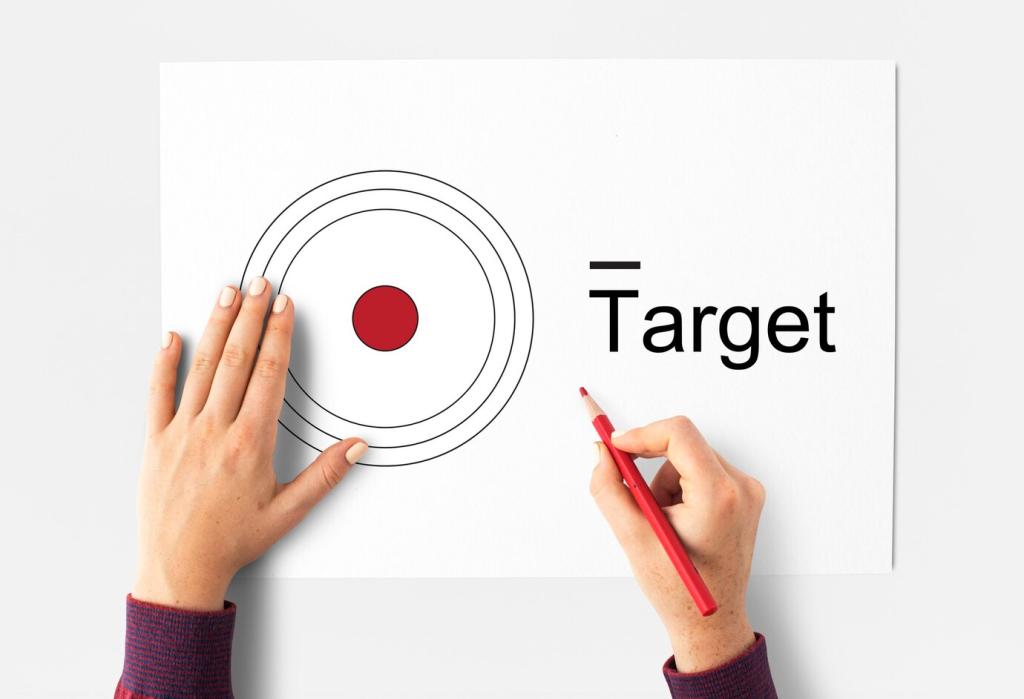
Time Management Techniques for Goal Achievement
Mastering time management is essential for reaching both personal and professional goals. Effective time management goes beyond simply organizing your schedule; it involves optimizing your focus, energy, and resources so you can consistently make progress toward your objectives. On this page, you will explore proven techniques to help you prioritize, plan, and execute your tasks, ensuring you stay on track and achieve your ambitions with less stress and greater satisfaction.
Prioritization Strategies
The Eisenhower Matrix, also known as the Urgent-Important Matrix, is a powerful tool for determining which tasks require immediate attention and which can be scheduled, delegated, or eliminated. By categorizing your responsibilities into four quadrants—urgent and important, important but not urgent, urgent but not important, and neither—you develop clarity around where to focus your energy. Implementing this matrix consistently allows you to address pressing demands while making substantial strides on projects vital to your long-term goals, ultimately preventing the trap of constant firefighting and fostering the achievement of meaningful outcomes.
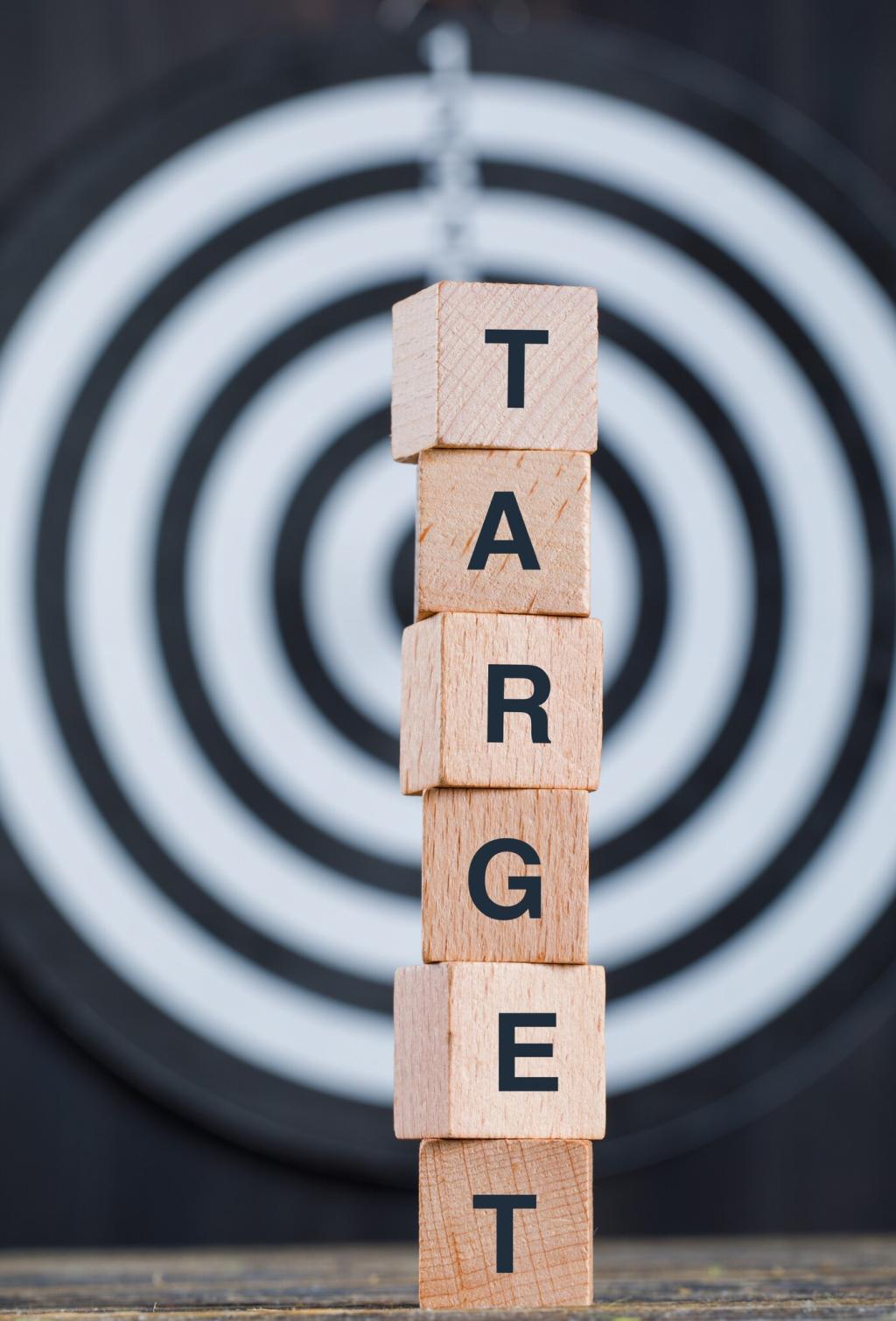
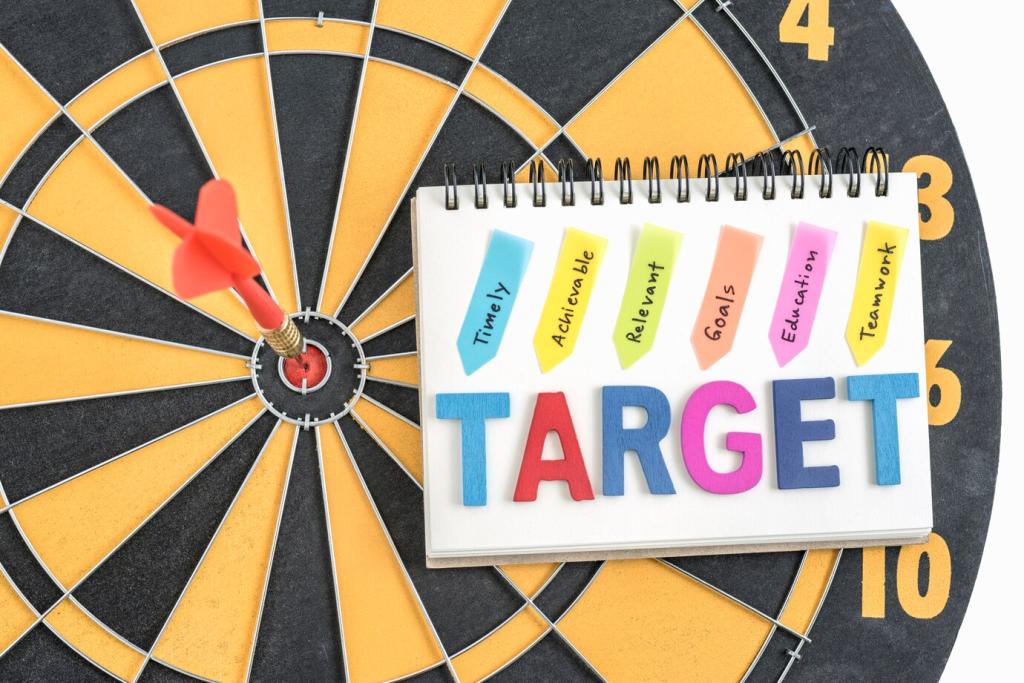
Time blocking is a powerful technique that involves dividing your day into distinct segments, each dedicated to a specific task or type of activity. By reserving uninterrupted periods for focused work, you minimize distractions and foster deep concentration, especially on tasks that move you closer to your goals. This structured approach to scheduling not only enhances productivity but also prevents overwhelm by ensuring that each obligation has its own designated time slot on your calendar, making it easier to track and manage progress.
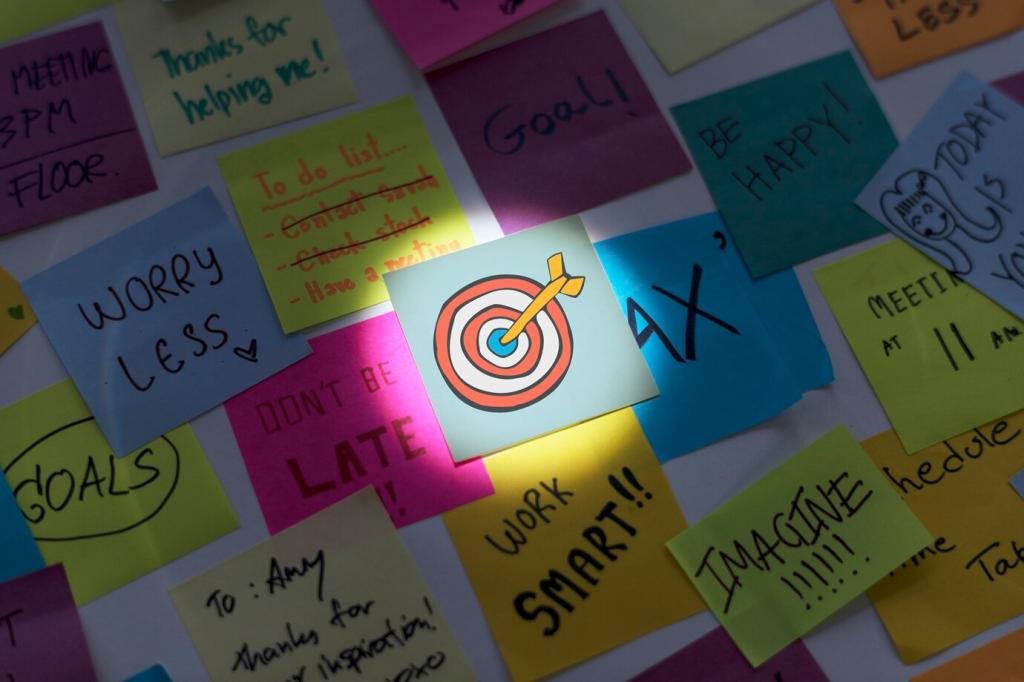
The Pomodoro Technique harnesses the power of short, concentrated work intervals followed by brief breaks to optimize focus and prevent burnout. Typically, you commit to twenty-five minutes of intense effort—known as a Pomodoro—then step away for a five-minute rest. This cycle repeats several times, followed by a longer break. Adopting this method into your planning routine supports sustained concentration, boosts motivation, and helps you break down larger tasks into achievable increments, greatly enhancing your ability to consistently move toward your goals.

Regular review sessions are essential for effective planning and maintaining momentum. Weekly and daily reviews provide an opportunity to assess progress, recalibrate priorities, and adjust your schedule based on unforeseen changes or newly identified opportunities. By carving out time to reflect on recent accomplishments and setbacks, you can refine your tactics, stay aligned with your goals, and ensure each upcoming block of time is strategically allocated for optimal results.

Creating a Productive Environment
Your physical and digital environments have a profound impact on your ability to focus. Organizing your workspace, eliminating clutter, and setting up ergonomic systems help signal to your brain that it’s time for work, thereby minimizing potential distractions. Digitally, silencing unnecessary notifications, closing unrelated tabs, and using apps that block distracting websites can bolster your ability to concentrate. Investing the effort to tailor your surroundings in favor of productivity pays off by enhancing your mental clarity and paving the way for more consistent progress toward your goals.
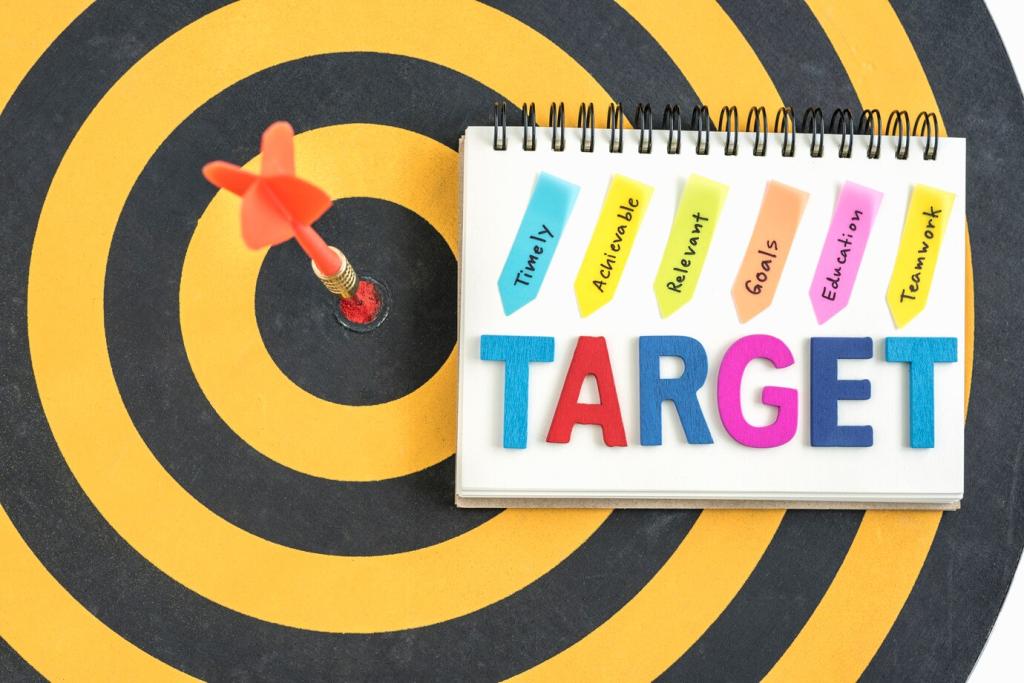
Single-Tasking Over Multitasking
Despite common misconceptions, multitasking often leads to diminished productivity and increased errors. Embracing a single-tasking approach means dedicating your complete attention to one task at a time, seeing it through to completion before moving on. This method allows for deeper engagement, higher quality output, and a greater sense of accomplishment. By resisting the urge to juggle multiple activities simultaneously, you unlock greater efficiency and are more likely to experience tangible advancements in your goal achievement journey.

Managing Interruptions
Frequent interruptions fragment your attention and stall progress, making it critical to proactively manage them. Setting clear boundaries with colleagues or family members, scheduling specific times for correspondence, and establishing ‘do not disturb’ periods can drastically reduce unnecessary disruptions. Regularly communicating your focus requirements and developing habits to quickly regain concentration after an interruption enhances your resilience; over time, this discipline supports the sustained, uninterrupted work necessary for meaningful accomplishment.
